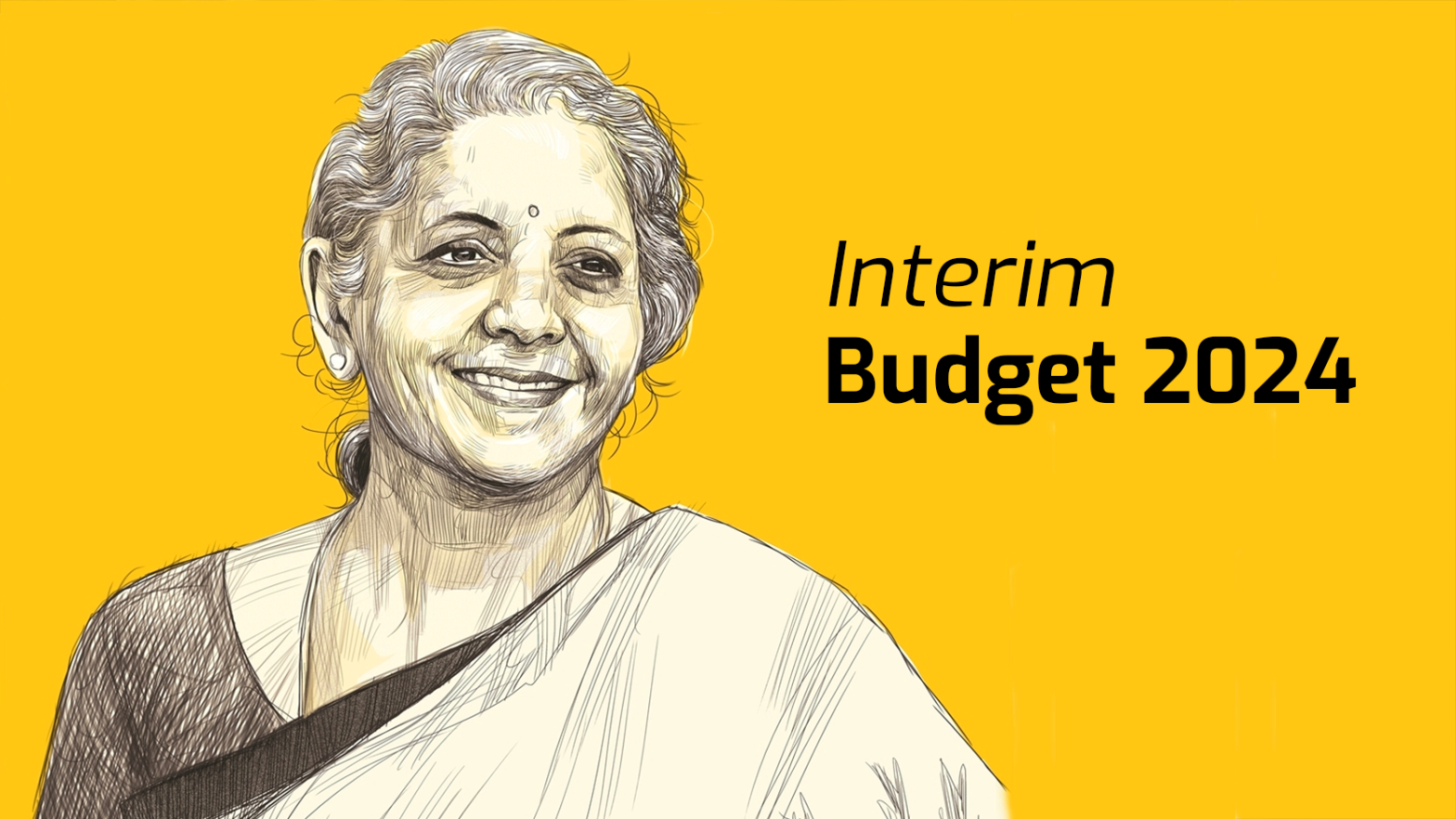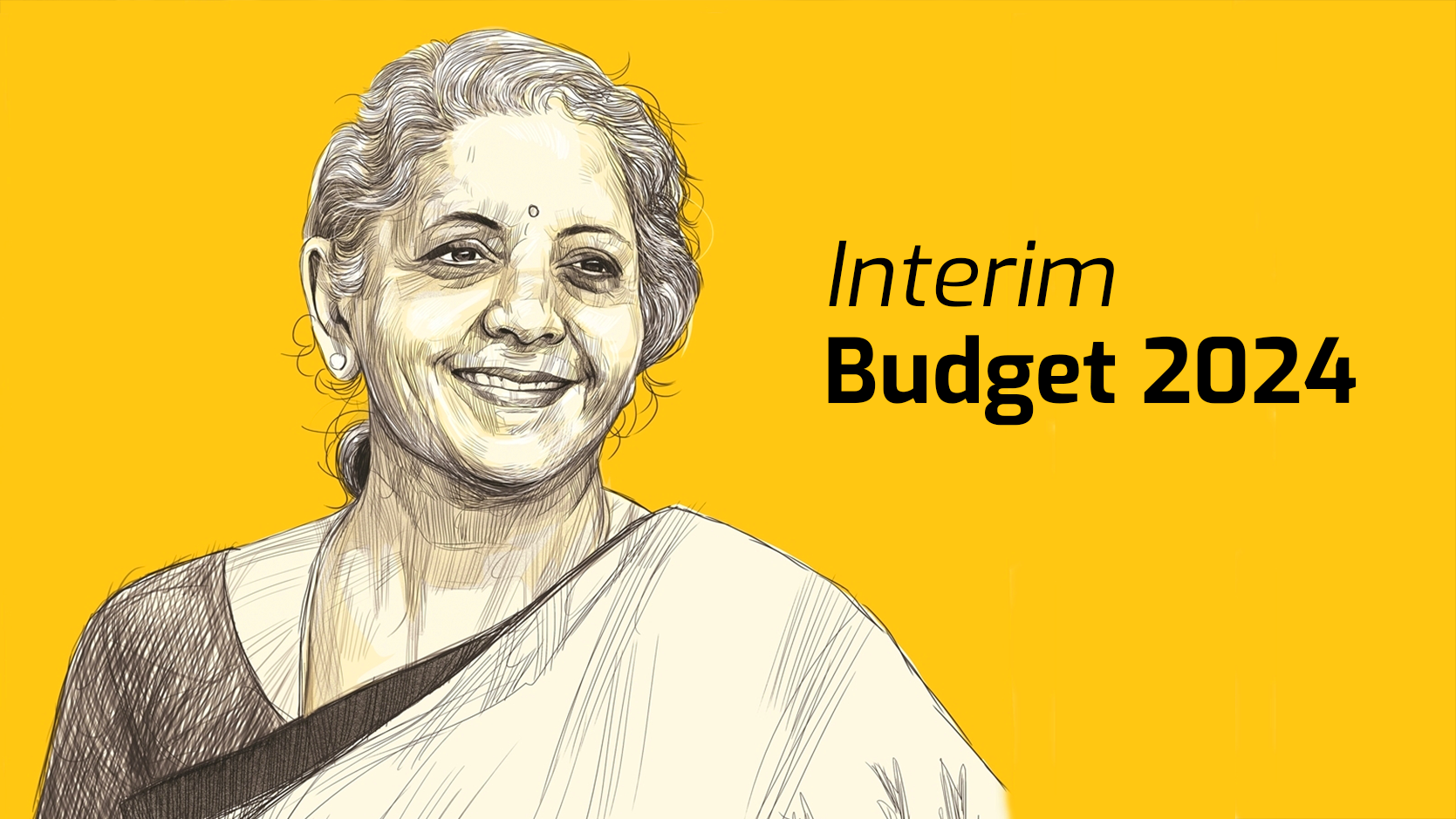What is Interim Budget UPSC: An important idea that makes annual news rounds is the interim budget. It is not the same as an ordinary government budget. Up until the new administration takes office in a few months, every expense that will be incurred and every rupee that will be earned through taxes is carefully tracked down in the Interim Budget.
You may read about the definition of an interim budget and how it differs from both a vote-on account and a normal budget in this article. This is a crucial subject for the IAS examination.
What is Interim Budget UPSC?
If the administration does not have enough time to deliver a complete budget or if general elections are soon, it will present an interim budget to the Parliament. It is only right that the new government frames the entire budget if elections are approaching.
- The government of the day has the authority to spend money up until the financial year’s conclusion—which finishes on March 31st—if it has a complete budget.
- The government will need legislative permission before beginning any new spending in the upcoming fiscal year until a new budget is passed if it is unable to provide the entire budget before the conclusion of the current one.
- Through the interim budget, the government passes a vote-on-account that will allow it to pay for its administrative costs until the Parliament considers and approves the full year’s budget.
How is an interim budget different from a regular budget?
- The vote-on-account, which was conducted through the interim budget, asks parliament to give the government permission to pay for a portion of its expenditures during the fiscal year.
- When elections are approaching, it is not feasible for the government to publish a complete budget; instead, it presents an interim budget, which is akin to a budget for the transition period (the few months that the government is in power).
- However, the predictions are provided for the entire year, just like in a typical budget.
- The next government may agree with the estimates or alter them as it sees fit when it presents a new budget.
The government is authorized by the Constitution to alter the tax system in the interim budget.
- However, considering that the government will only be in office for a few months, no significant tax adjustments or new initiatives have been proposed in any of the 14 interim budgets that the various administrations have so far presented.
An annual budget typically consists of two parts:
- Report on the previous year’s income and expenses
- Proposed income generation and expenses for the coming year
The income and expenses from the prior year are included in the first section of an interim budget, just like they are in an annual budget. However, the interim budget merely includes a list of the suggested baseline costs through the elections.
Due to the impending general elections, the Election Commission has provided provisions in an interim budget that prohibit any significant policy changes that could improperly influence voters.
Vote-on-account
The interim budget passes after the vote on the account.
- In the brief time frame before the elections, it enables the government to cover its costs.
Unlike a comprehensive budget, which is passed only after talks, a vote-on-account is passed as a convention without any discussion. - It functions as a grant-in-advance to enable the government to continue operating effectively until the Finance Bill and the Appropriations Bill are passed and the demands for funds are voted on.
- Under multiple grant requests, the total amount of this grant is one-sixth of the expected expenditure for the entire year.
- Normally, the vote-on-account is good for two months. For a whole year, the budget is in effect.
- An interim budget addresses both receipts and expenditures, while a vote-on-account simply includes government expenditures.
Key Components and Objectives of Interim Budget
The primary objective of an interim budget is to meet the expenditure necessary for the functioning of the government until a new budget is approved. It includes provisions for essential services, ongoing projects, salaries, and other regular expenditures.
However, it does not usually introduce new schemes or major policy changes, as these are typically reserved for the full budget presented by the new government.
Key components of an interim budget typically include:
- Revenue and Expenditure Estimates: Projections of government revenue sources and planned expenditures for the interim period.
- Allocation for Essential Services: Funding allocations for crucial sectors like health, education, defense, and infrastructure to ensure continuity.
- Interest Payments and Debt Servicing: Provision for servicing existing debts and interest payments to maintain fiscal discipline.
- Salaries and Pensions: Budgetary provisions for payment of salaries and pensions to government employees and retirees.
Significance of Interim Budget
The interim budget holds significant importance in the fiscal framework of a government, primarily serving as a transitional financial plan during periods of political transition or change. Its significance can be understood from several key perspectives:
1. Continuity of Government Operations:
- One of the primary roles of an interim budget is to ensure the smooth functioning of the government and public services until a full budget can be passed by the new administration. It provides the necessary financial resources for ongoing government operations, payment of salaries, pensions, and essential services without interruption.
2. Economic Stability and Confidence:
- Interim budgets contribute to maintaining economic stability and instilling confidence among citizens, businesses, and investors. By outlining financial allocations for essential expenditures, they prevent uncertainties that could arise from a lapse in government funding or operational disruptions.
3. Legal and Constitutional Requirement:
- In many countries, presenting an interim budget is a legal and constitutional requirement to authorize government expenditures for a specific period, typically until a new government is formed and a regular budget is approved. It ensures that the government continues to have the authority to spend public funds even during transitional phases.
4. Policy Continuation vs. New Initiatives:
- Interim budgets are designed to focus on routine expenditures and maintenance of existing policies rather than introducing major new initiatives or policy changes. This helps in providing a stable policy environment while allowing the incoming government to formulate its own fiscal priorities and policy agenda.
5. Transparency and Accountability:
- Despite its temporary nature, an interim budget promotes transparency and accountability in government financial management. It requires detailed reporting of expenditures and revenue projections for the interim period, ensuring that public funds are used responsibly and by legislative oversight.
6. Public Perception and Political Messaging:
- Interim budgets often serve as a platform for outgoing governments to highlight their achievements and financial prudence. Conversely, they can also shape public perception of the incoming government’s fiscal priorities based on how they respond to the interim budget proposals.
7. Facilitating Parliamentary Process:
- By presenting an interim budget, the government enables the parliament or legislative body to continue its deliberations on fiscal matters and ensures that necessary approvals are in place to sustain government operations until a regular budget is passed.
8. Managing Economic Challenges:
- During periods of economic uncertainty or challenges, interim budgets play a critical role in providing stability and addressing immediate financial needs without delay. They allow for proactive management of economic fluctuations or unforeseen expenditures that may arise during transitions.


 What is CSAT in UPSC
What is CSAT in UPSC  Best Optional Subject for UPSC
Best Optional Subject for UPSC  How to Start UPSC Preparation from Zero ...
How to Start UPSC Preparation from Zero ... 



